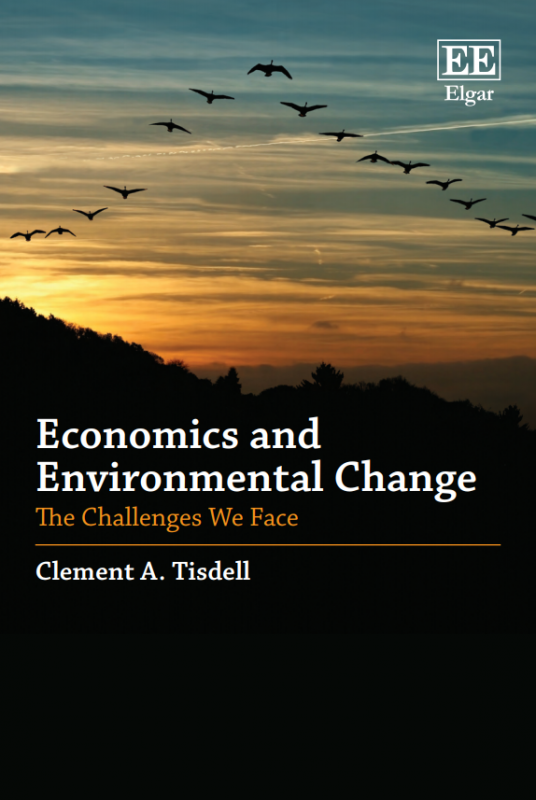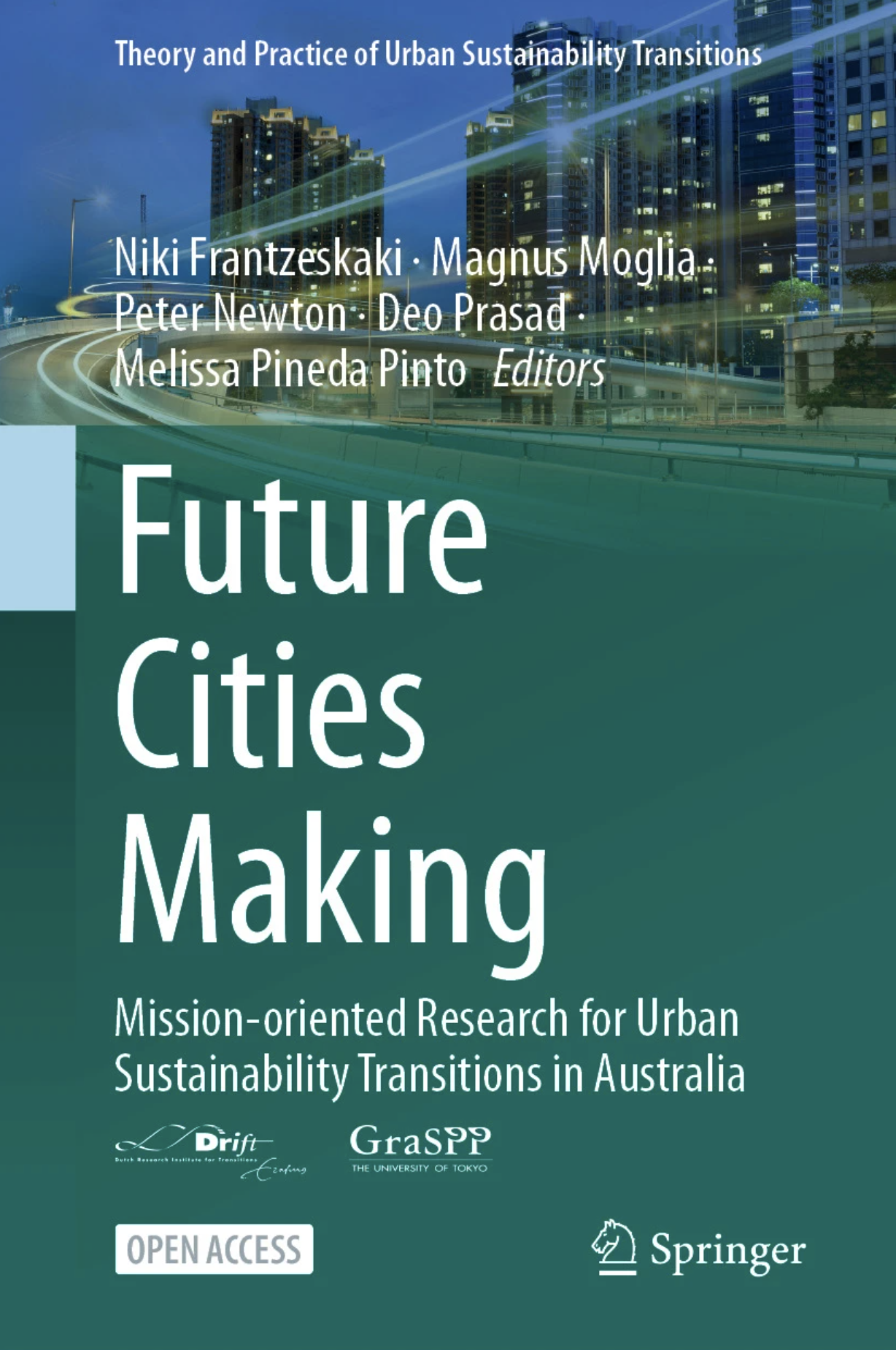In this innovative book, Clement Tisdell adopts a holistic approach, combining economic, social, biophysical and historical considerations to analyse the economic origins of major contemporary environmental problems, especially those associated with climate change. The ability of humankind to respond effectively to these problems is assessed in a unique and lucid fashion. The depth and nature of social embedding is identified as the major (but not the only) barrier to dealing with human-induced environmental change.
In a thought-provoking manner, the book provides discussions of: the relationships between the nature of economic development, social and environmental change; the limited policy guidance provided by debates about the desirability of sustainable development; the shortcomings of economic criteria for valuing environmental and social change; and social embedding as the prime impediment to humanity responding adequately to many of its current environmental problems.
Given its interdisciplinary nature, this book will appeal to economists, sociologists, geographers, social historians and political scientists alike. Natural scientists who are interested in socio-economic aspects of environmental change will also find this a captivating read.
About the Author
Clement A Tisdell is Professor Emeritus, School of Economics, The University of Queensland, Brisbane, Australia, a Fellow of the Academy of Social Sciences in Australia and an Honorary Professor of Renmin (People’s) University, China. He is one of the top ranked economists internationally according to IDEAS. He has been researching aspects of gender inequality and publishing in this area for more than 20 years. He has authored or edited numerous books. His most recent books include Economic and Environmental Change: The Challenges We Face, Sustaining Biodiversity and Ecosystem Functions: Economic Issues, Human Values and Biodiversity Conservation: The Survival of Wild Species, Competition, Diversity and Economic Performance, Handbook of Tourism Economics — Analysis, New Application and Case Studies, Nature-based Tourism and Conservation — New Economic Insights and Case Studies. His book Economics of Environmental Conservation, Second Edition was given the Choice Award of the American Libraries Association. The demands for his books have been such that most have been reissued in recent times and kept in print. In addition, he has published over 600 articles in international journals. His full biographical details can be found by visiting the following website: https://economics.uq.edu.au/profile/2153/clement-tisdell and he can be found on LinkedIn https://www.linkedin.com/in/clement-tisdell-0a492b2b/. Also see his profile on ResearchGate https://www.researchgate.net/profile/Clement_Tisdell and Academia.
Tisdell has held visiting positions in many universities (e.g. Princeton and Stanford) and other institutions in nations which include Brunei, China, Germany, Fiji, France, India, Japan, New Zealand, Sweden, Switzerland, UK and USA. He has undertaken much primary (grassroots) research in the Asia-Pacific including India and China. His wide research interests extend well beyond economics. His research output has a high impact on other researchers (see ResearchGate, for example). His basic aim is to know the fundamental nature of things and to do so, he typically combines theory and empiricism.






